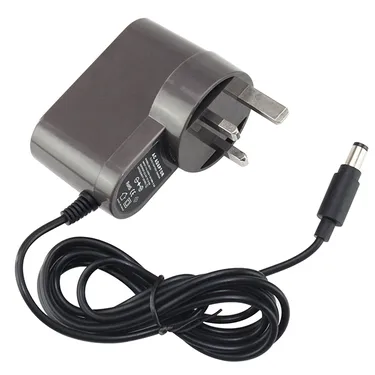Together for An Electric Future.
Lithium-ion batteries are essential in our daily lives, powering our electric devices. It is crucial to choose the right battery chargers to ensure the longevity and efficiency of these batteries.
Here, we will delve into the key factors to consider when selecting a suitable battery charger for lithium-ion batteries.
Let’s have a look at some important factors you must consider to choose a reliable batter charger for a lithium-ion battery:
One of the primary considerations when choosing battery chargers is the acceptable input voltage range. Lithium-ion batteries typically have a limited voltage range, and using a charger with incompatible voltage can damage the battery or even pose safety risks. It is essential to verify the acceptable input voltage range specified by the battery manufacturer and select a charger that falls within that range.

The charging time, current, and voltage are crucial factors that determine the charging efficiency and safety of lithium-ion batteries. Different batteries have specific charging requirements, and it is important to match these requirements with the charger's capabilities.
Consider the charger port compatibility, especially if you have multiple devices with different charging ports. Some chargers come with multiple ports, accommodating various charging cables, including USB-C, micro-USB, or Lightning connectors.
This versatility ensures that you can charge your lithium-ion batteries conveniently without the need for additional adapters.
Different lithium-ion batteries have varying charging requirements depending on their size, capacity, and intended application. When selecting battery chargers, ensure that they support the specific type of lithium-ion battery you intend to charge.
This information can usually be found in the battery's specifications or user manual.
Lithium-ion batteries are available in various chemistries, including Lithium Manganese Oxide (LiMn2O4), Lithium Cobalt Oxide (LiCoO2), Lithium Iron Phosphate (LiFePO4), and more. Each chemistry has different charging characteristics and safety considerations. It is crucial to choose a charger that is compatible with the specific chemistry of your lithium-ion battery to ensure optimal charging performance and safety.
It is advisable to select a battery charger that incorporates safety features to mitigate the risk of overcharging, overheating, or any other potential safety hazards.
Look for chargers that offer overcharge protection, overcurrent protection, short-circuit protection, and temperature monitoring. These safety features prevent damage to your battery and reduce unwanted accidents.
Choosing the right battery charger for your lithium-ion batteries is vital for their longevity, performance, and safety. By considering the factors we have mentioned here, you can ensure that your lithium-ion batteries are charged efficiently and safely.